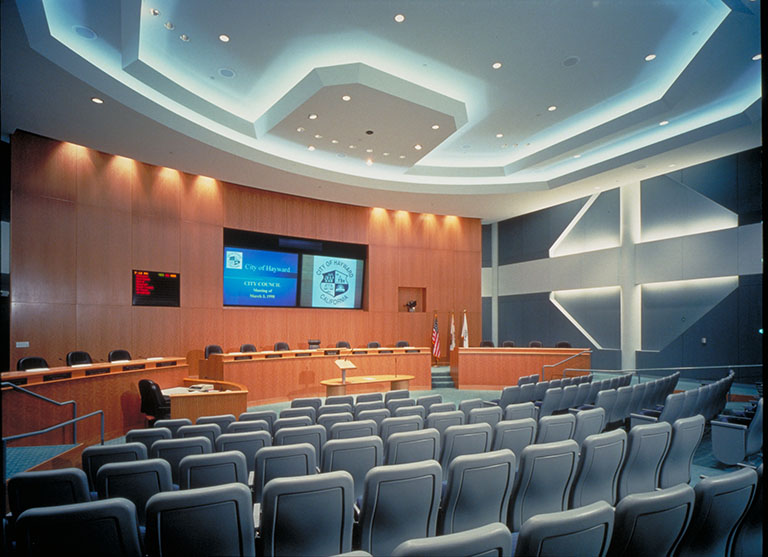Ranked Choice Voting Promised Change
Ranked Choice Voting (RCV) has been hailed as a revolutionary electoral reform, a system that could supposedly deliver a more representative democracy. Advocates claimed that RCV would not only broaden voter choice but also transform the ideological landscape of city councils across the United States. However, a recent study by Arjun Vishwanath from Vanderbilt University exposes a stark reality: RCV has not produced the substantive political changes it promised.
Study Reveals No Impact on Fiscal Outcomes
The comprehensive analysis published in June 2025 highlights that RCV has failed to affect municipal fiscal outcomes. According to the research, cities that adopted RCV did not experience any significant improvements in financial management or resource allocation when compared to those that maintained traditional voting methods. This raises critical questions about the very foundation of RCV"s advocacy—if it cannot enhance fiscal responsibility, what is its true value?
Ideological Composition Remains Static
The ideological composition of city councils has also shown no significant change post-RCV adoption. As reported by Vishwanath, the political leanings of legislators remained largely unchanged, with the roll-call based ideal points before and after RCV implementation indicating a static political climate. This stagnation suggests that the hopes of increasing diversity and representation in political officeholders are, at best, unfulfilled.

City Hall Council Chambers | City of Hayward - Official we…
Public Opinion Unaffected by RCV
Perhaps most troubling is the study"s finding regarding the relationship between city district opinion and legislator ideology. Public sentiment has not been effectively mirrored in the political decisions made by elected officials, indicating that RCV did not narrow the gap between what constituents want and what their representatives deliver. The disconnection between public opinion and legislative action unveils a deeper crisis in our electoral system, where the voices of marginalized communities continue to be sidelined.
Electoral Systems Must Be Accountable
As we consider the implications of these findings, it becomes clear that electoral systems must be held accountable. The lack of transformation brought about by RCV is not merely a failure of a system but a broader commentary on how electoral reforms often cater to the interests of the powerful while neglecting the needs of the most vulnerable. Communities already facing systemic disenfranchisement are once again left without a voice in the political arena.
Environmental Justice at Stake
When considering the intersection of electoral reform and environmental justice, the implications are dire. Cities grappling with climate action must ensure that their elected officials reflect the progressive values necessary for sustainable policies. The stagnation in ideological shifts following RCV adoption could hinder critical progress on environmental initiatives. If community voices continue to be unrepresented, efforts to tackle climate change will disproportionately affect marginalized populations, exacerbating inequality.
Demanding Real Change
As activists mobilize for climate justice and social equity, they must also demand electoral reforms that truly reflect the will of the people. The findings from Vishwanath"s study call for a reevaluation of the systems we employ to elect our leaders. Without meaningful changes that lead to real representation and accountability, the promise of a more equitable society will remain a distant dream.

Arjun Vishwanath – Center for America…




![[Video] Putin ready to refrain from deep strikes in Ukraine during elections](/_next/image?url=%2Fapi%2Fimage%2Fthumbnails%2Fthumbnail-1766158260919-wednc8-thumbnail.jpg&w=3840&q=75)


![[Video] Gunfire between Iraqi security forces and Sadr militias in Baghdad](/_next/image?url=%2Fapi%2Fimage%2Fthumbnails%2Fthumbnail-1768343508874-4redb-thumbnail.jpg&w=3840&q=75)
